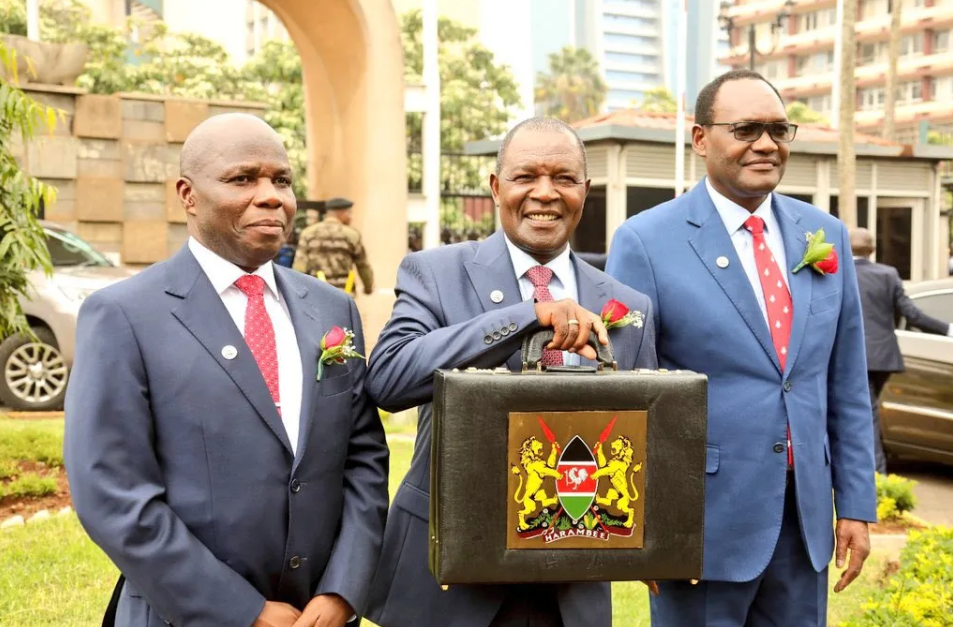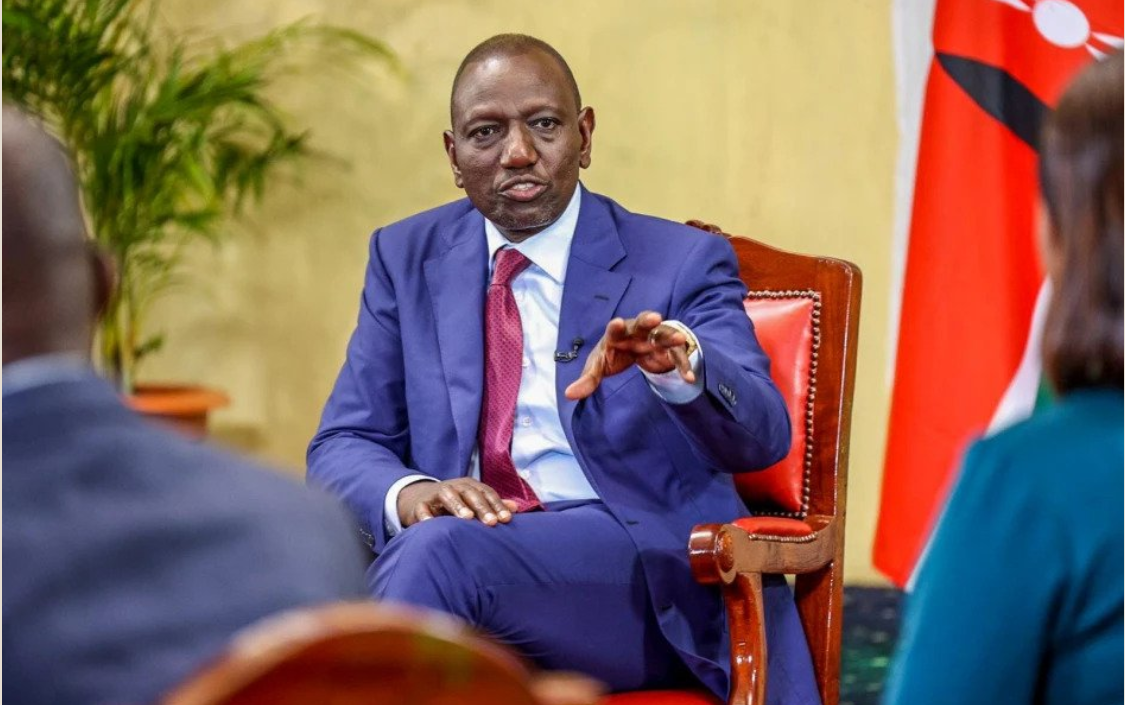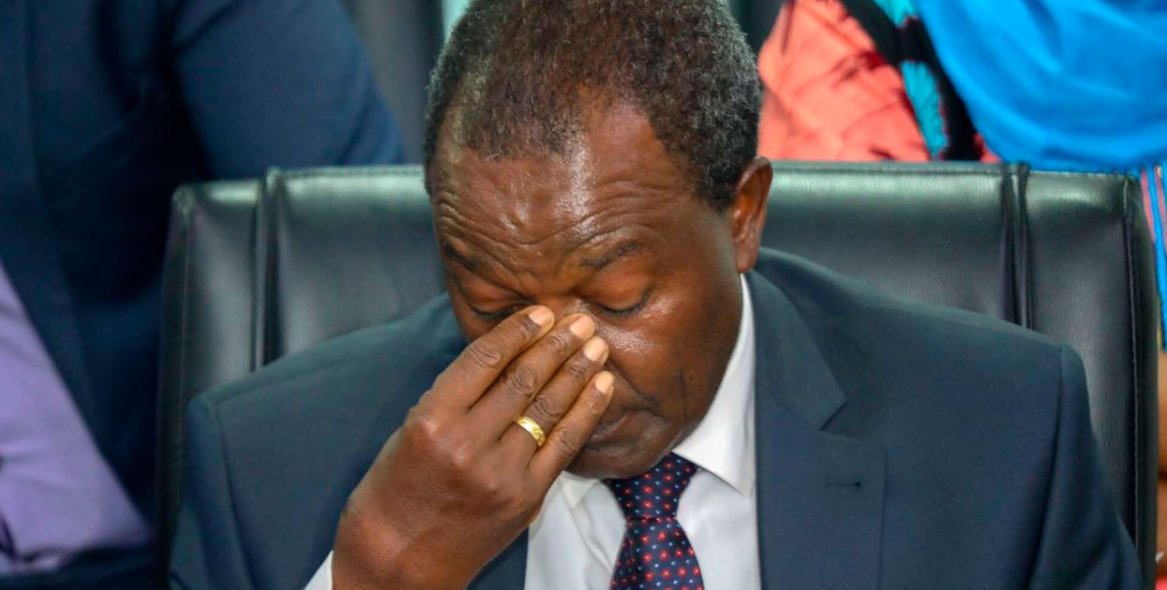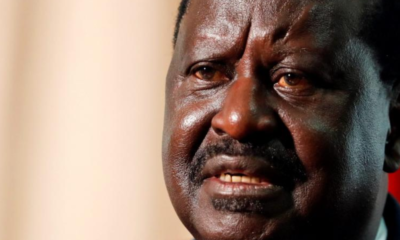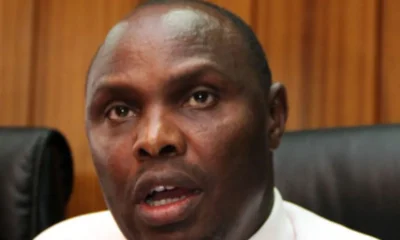Business
Kenya Kwanza: Debt Payments to Exceed Sh7 Trillion Over the Next Five Years
-

 Investigations4 days ago
Investigations4 days agoInvestigation Exposes Alleged Sex Crimes at Alliance Girls High School Amid Institutional Cover-Up
-

 Investigations2 weeks ago
Investigations2 weeks agoInside the Kibaki Estate Dispute: Power, Bloodlines & the Unfolding Legal Drama
-

 Investigations2 weeks ago
Investigations2 weeks agoCourt Ruling Leaves Agnes Kagure Exposed in Sh600M Land Fraud Targeting Foreigners
-

 Investigations2 weeks ago
Investigations2 weeks agoMombasa MCAs Questions MOWASSCO’s Inefficiencies After Auditor General’s Theft Expose
-

 Business2 weeks ago
Business2 weeks agoHumphrey Kariuki: The Kenyan Billionaire Who Lost State Privileges After Alleged Multibillion Tax Evasion
-

 News2 weeks ago
News2 weeks agoHeavy Police Presence As All Roads Heading To State House Are Blocked
-

 Opinion2 weeks ago
Opinion2 weeks agoAvoid Protected Areas, Police IG Kanja Warns Ahead of State House Protests
-

 News2 weeks ago
News2 weeks agoCompany Director Released on Sh5 Million Bail in Massive Fraud Case

